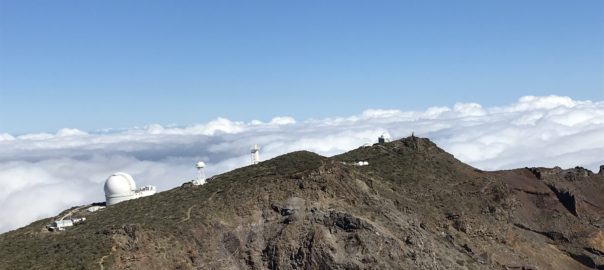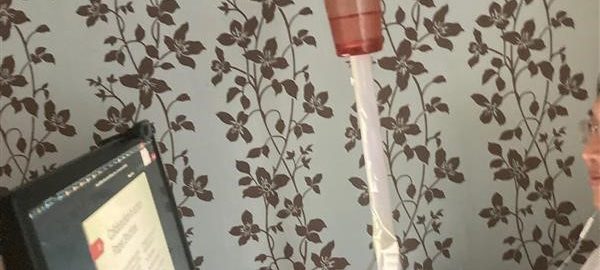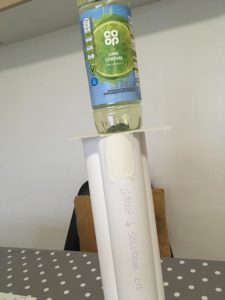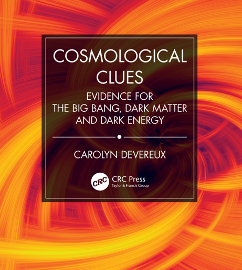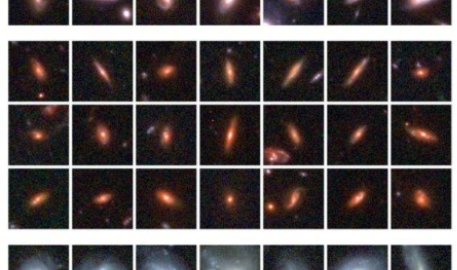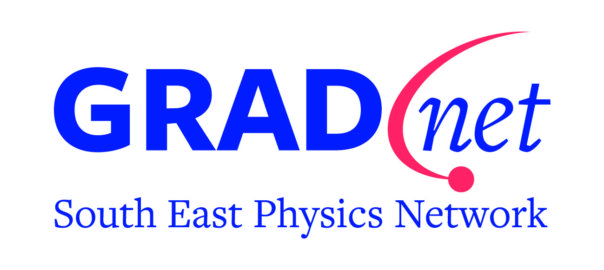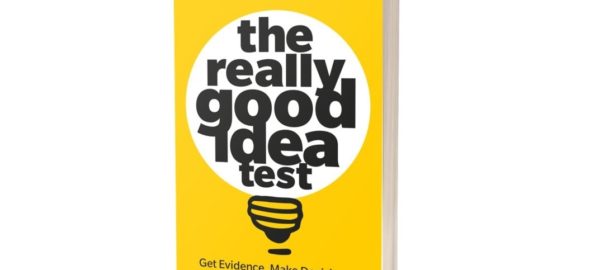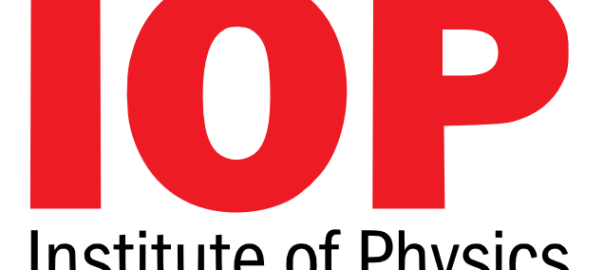Virginia Apostolopou, PhD student, Soft Matter Group, University of Surrey, shares her experience of organising a SEPnet Student-led Conference: “Soft Matter: the unseen science all around us”, during challenging times.
In my first year as a PhD student at the University of Surrey, I heard about SEPnet and the exciting activities they organise for postgraduate students. Previous institutes that I have attended didn’t have these opportunities for training and networking and so I was very excited to take part in the workshops and the activities organised by the network. One of the activities that caught my attention from the beginning was the student-led conference. I loved the idea of a conference organised by postgraduates and I kept it in the back of my mind as something I will love to try in the future.
At the beginning of my second year of my PhD, I started discussing with people from my group at Surrey, the idea of submitting a conference proposal. Our motivation was the diversity of our projects; although we were all in the Soft Matter group, we worked in different projects, from industrial applications to applications of nano materials. We wanted to translate this diversity and multi-disciplinary nature of Soft Matter physics into a conference that will bring together students working from seemingly different projects, but in the core, the physics of their research is very similar. Our initial intention of a multi-disciplinary conference was reflected in the speakers we chose to invite: a group of six, well-established researchers from different fields of soft matter physics and different institutes agreed enthusiastically to support our conference by presenting their work.
By late February everything was ready for the conference: the schedule, the website, speakers, accommodation and the catering requirements. It was to be held at the University of Southampton, on the 25th-27th March. At the same time, more and more news started to emerge about a concentrated epidemic in a region in China, now spreading rapidly to the rest of the word. One after the other, big conferences and scientific meetings began announcing their cancellations. By early-March we were still hopeful that since we were going to be a small conference we would be able to go ahead. As we were getting closer to the dates we realised that we should face the situation sensibly and cancel the conference until further notice.
We initially decided to reschedule the conference for early September. Our decision was based on our belief that the main purpose of the conference was for the students to share their work and create future collaborations. We thought that having a virtual conference instead would dismiss that purpose. Technology is an essential tool in these weird times but still, it cannot entirely replace personal interactions among scientific communities. However, eventually, we had to face the reality of our times and rather reluctantly had to move the conference online.
To our surprise the conference was well-received! We managed to book all our invited speakers and almost all the original delegates were able to participate. Some of our speakers suggested opening the conference to students outside SEPnet. We thought that during these difficult times, it is important to open this kind of opportunity to everyone in the scientific community. We were delighted to see delegates from all over the world joining our virtual conference.
I think that overall the conference was a great success. It definitely exceeded my expectations regarding networking and engagement. I am very proud of the scientific programme that we managed to put together and the discussions that took place during the conference.
It was all the result of an excellent collaboration with a group of extremely talented people: Katrin Elidottir, Louie Scott, Malin Schulz, Mireya Borg, University of Surrey, Rhiannon Harries, University of Sussex and of course, Cristobel Soares, SEPnet Graduate Network Manager, who helped and guided us along the way.
It is very impressive to see what a team of creative and passionate people can accomplish in a these very challenging and uncertain times!

